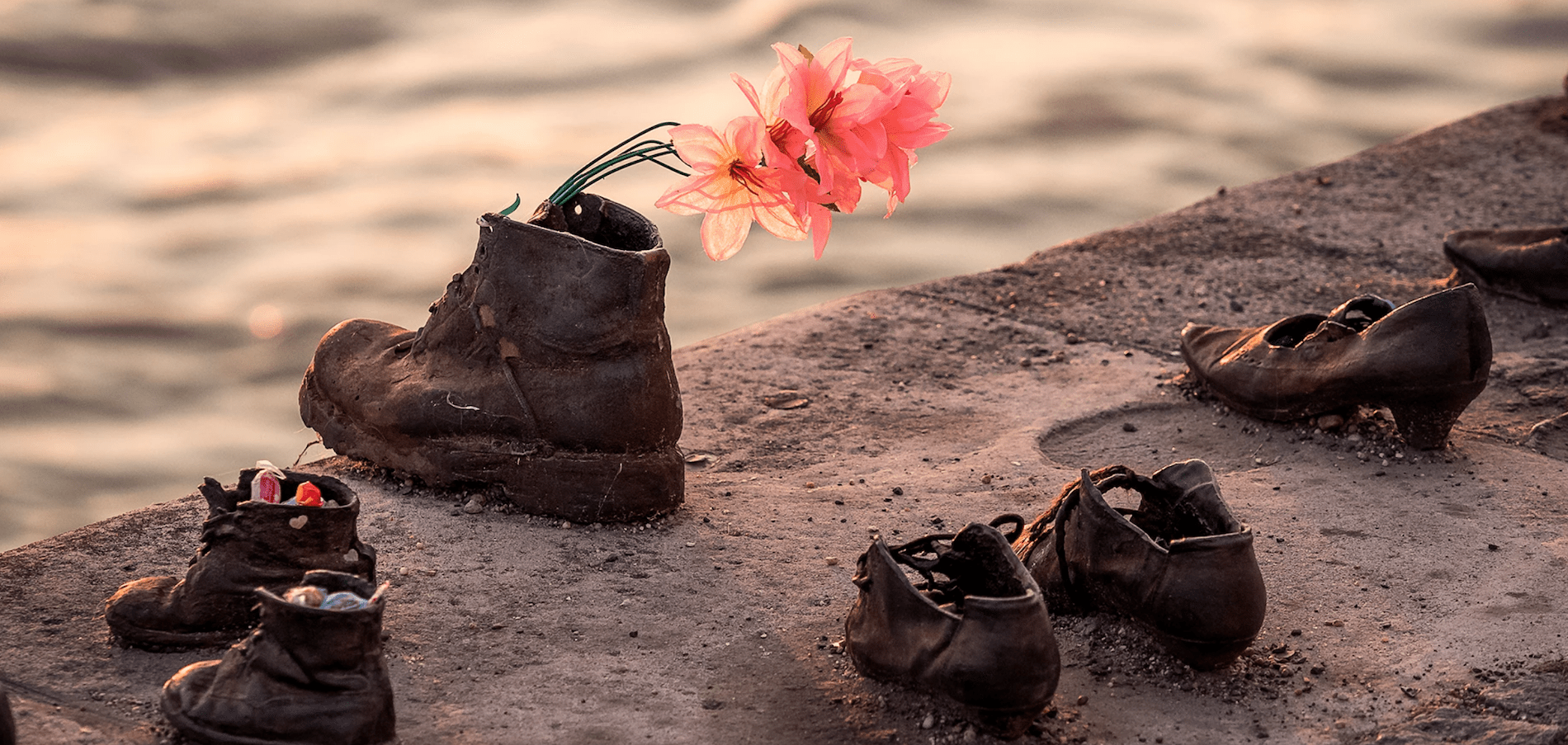“Ask Me About My Orthodox Jewish Life” At NBC
NBC recently removed a libelous anti-Orthodox episode from their show “Nurses,” but until their writers, producers, and the rest of Hollywood meet Orthodox Jews and learn about our lives, these inaccurate and one dimensional portrayals will continue. To keep the conversation going a small (Covid-friendly) group of JITC staff and volunteers from across the different Orthodox communities assembled at 30 Rock to host a Livestream event answering questions about our lives. NBC – we’re ready to talk when you are.
Hollywood’s Orthodox Jew Problem
“You want to put a dead leg inside of me?”
“A dead goyim leg. From anyone – an Arab, a woman.”
This was the dialogue between a Hasidic son and his father on a recent episode of the NBC drama “Nurses,” in a scene where a religious Jewish character refuses an organ donation due to its origin. No such concept exists in Jewish law.
Too many TV shows have the token “Hasid episode,” featuring inaccurate, stern, one-dimensional Hasids with glued-on beards and side-curls, unrealistic Yiddish accents, and an extremist view of women, science, and secular society. Too often, seemingly compelling storylines are based on false premises.
Because the religious Jewish community is only .2% of the U.S. population and only exists in select cities, most Americans will never personally meet an Orthodox Jew. Their only knowledge comes from the media, which is why recycling old tropes and stereotypes into storylines is so damaging. While there’s no shortage of Jews in Hollywood, most are secular and have limited to no personal interactions with Orthodox Jews.
Lazy and shallow depictions should be reason enough to do better. But consistently being displayed on TV and in movies as extremist, personality-less, sexist, and racist has ramifications in how our community is seen in the real world, which leads to dehumanization and opens the door to violence.
Hasidic and Orthodox Jews are in fact being attacked in the streets with greater frequency. According the ADL, antisemitic assaults rose by 106% in New York in 2019 and in the first three quarters of 2019, constituted 54% of all hate crimes in New York, despite the fact that the Jewish population is only 13% of the city.
That’s why I felt it was important to surface this libelous “Nurses” clip on social media, through Jew in the City, a nonprofit that provides a nuanced understanding of Orthodox Jews. The post ignited a media firestorm, garnering over a million views and thousands of comments. Simon Wiesenthal Center, ADL, and others quickly put out statements criticizing the depiction. Only a day after we posted the clip, NBC took the episode off of its online platform. While the producers of the show, Entertainment One, issued an apology, we will continue to see more of the same unless something significant changes.
That’s why, in order to continue this conversation, a small group of Jew in the City staff and volunteers, from across the Orthodox spectrum held hosted a live (and livestreamed) ‘Ask Us Anything’ event outside of NBC’s headquarters last week. We believe the root of the matter is lack of openness to understanding of our community. We urge creators to recognize just how flatly Orthodox characters are typically drawn and we invite them to reach out to Orthodox Jews (we are always available to answer questions) if they want to tell stories featuring characters of faith. In fact, a non-Jewish production team member reached out to us after theevent and told us we were spot on.
To facilitate more truthful depictions, screenwriter Yael Levy recently developed The Josephs Test, a simple checklist designed to help creators and viewers evaluate whether a rendering seems reasonable and accurate. The Josephs Test was modeled after the widely respected Bechdel-Wallace test, which assesses the representation of women in fiction.
The Josephs test evaluates whether a portrayal is reasonable and accurate and asks questions like: “Are there any Orthodox characters who are emotionally and psychologically stable? Two points if you’d want to hang out with any of them. Can the Orthodox character find her Happily Ever After as a religious Jew? (Or does it ONLY come about through leaving observance).”
In recent years, numerous television shows and movies have added characters with special needs and different ethnicities, in order to showcase a diverse set of human experiences. By making characters more than stereotypes and punchlines, viewers are able to get a nuanced understanding of lives beyond their own. This is a beautiful thing. Let’s continue to expand the circle of deeper understanding and three-dimensional depictions to include Orthodox Jews.
I should not have to add this, it should go without saying, yet I feel compelled to the extent that the following helps ground our call to action in reality: While the Orthodox Jewish community has its share of bad actors, which we must always decry, we are like all groups of people; we are made up of individuals. We love, we laugh, and we cry. We have hobbies and passions and interests, we fight, make up, crack jokes, eat out, go to work, have money troubles, eat ice cream, get hired and fired and have hopes, dreams, and losses. We have feelings. We can be hurt by blows and harmed by prose. In other words, we are human.
It is time for writers and producers to create Orthodox Jewish characters who are not wholly villains or saints, but rather human beings with human experiences. That won’t only be in line with our society’s movement towards more nuanced depictions of minority groups. It will also make for better TV.
If you found this content meaningful and want to help further our mission through our Keter, Makom, and Tikun branches, please consider becoming a Change Maker today.







